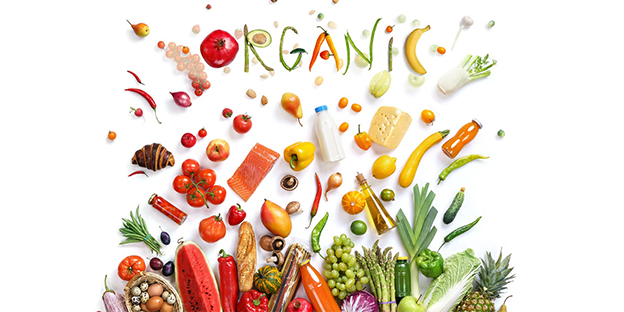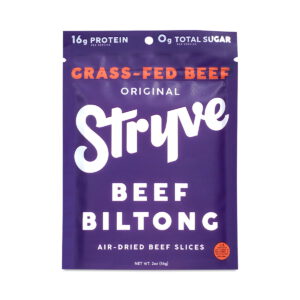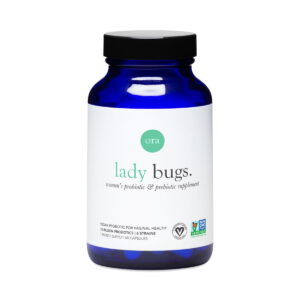
The Benefits of Organic Food
As part of their efforts to improve their health, many people turn to organic food in an attempt to do just that. Their belief is that organic options are healthier, safer, and contain fewer pesticides.
One other advantage of purchasing organic food is that it helps strengthen our immune systems. Antibiotics, growth hormones and vaccines found in non-organic food undermine its ability to fight off diseases effectively and weaken our ability to keep ourselves healthy.
Cost-Effectiveness
Organic foods are produced without synthetic pesticides, chemical fertilizers or hormones to promote environmental sustainability and contribute to less pollution in our water supplies. Organic farming practices employ natural methods like manure application and crop rotation which promote healthier soils. Organically produced food offers more nutrition to your family while potentially offering protection from certain diseases.
People choose organic food in order to limit their exposure to dangerous pesticides. While many assume organic food does not contain pesticides, some do exist; it’s important to remember these natural-based options are different than conventional commercial farms’ chemical pesticides and may reduce exposure by purchasing an assortment of fruits and vegetables at your grocery store, thus giving your body access to a wide range of nutrients while decreasing potential exposure from one specific pesticide.
Many consumers choose organic foods in order to support sustainable farming practices and help protect our environment. Conventional farming techniques often have negative consequences for rivers, lakes and oceans due to erosion and pollution issues; to combat this problem organic farmers use methods such as crop diversification and physical weed control instead of using herbicides and synthetic fertilizers for control.
Eating organic is an excellent way to both help the environment and increase nutrition in your diet. While no diet can guarantee perfect results, organic food choices offer many advantages over those from conventional farming – for instance they’re free of additives such as high fructose corn syrup and Monosodium Glutamate (MSG), which have been shown to cause numerous health issues including hyperactivity and allergies in children.
Organic meat and dairy products offer more nutrition than their conventional counterparts, thanks to organic livestock farms which don’t feed their animals with grain-based diets or give them antibiotics or growth hormones – this choice will help stop antibiotic-resistant bacteria that could be dangerous to human health from spreading further.
Variety
People often prefer organic foods due to their superior flavor and nutritional content. Organic farming methods are better for the environment and farmworkers while their foods tend to boast greater nutritional value than their non-organic counterparts.
Organic farming allows crops to develop at a slower pace, retaining more vitamins, minerals and antioxidants that make organic food healthier than their non-organic counterparts. Furthermore, the soil used for organic food farming contains nutrients without harmful toxins.
Non-organic foods are treated with chemical pesticides to keep insects at bay and increase harvest yield, but this leaves behind residue that binds itself into human bodies when consumed – potentially leading to neurological conditions like ADHD and autism.
Organic farming involves using natural methods for pest deterrence, such as insects, birds and wild animals as natural pest deterrents to cultivate their crops in an environmentally-friendly way. Organic farmers also prefer using natural fertilizers such as manure over synthetic ones to ensure sustainable nutrition sources for humans.
Organic produce purchases benefit local farmers and small businesses, and many consumers choose farmers’ markets as the place where to do this, learning more about how the food was produced while sampling products before making their decisions. Furthermore, prices in such markets tend to be more reasonable than at large grocery stores.
Organic produce tends to be fresher than its conventionally produced counterpart, as most organic farms harvest and cultivate their crops locally. This method of production reduces exposure of food to heat and light that could alter its flavor or nutritional value, and organic meat products often taste fresher and are more flavorful than their conventional counterparts. Conventional dairy and meat producers tend to feed their livestock with genetically modified corn, which has been linked to health concerns. While organic farmers prefer raising their animals on grass or clover as this provides them with more nutrition resulting in more flavorful meat products.
Ease of Shopping
Organic food can be an invaluable way to safeguard yourself and your family against harmful toxins, but purchasing them may prove challenging. Luckily, there are various strategies you can use to make this process simpler – for instance shopping online offers access to an assortment of organic items, while local stores specialize in natural products may even offer delivery services!
One way is to visit your local farmers’ market, which are usually held in cities and small towns nationwide and offer products at lower prices than you’ll find at grocery stores. Or join a CSA farm, in which shares of produce are purchased directly from a farmer – providing fresh organic food right in your own community!
Finally, organic food can also be purchased at your local supermarket. With more and more grocery stores carrying an increased variety of organic produce than ever before, making it easier for everyone to enjoy the advantages of eating organic. Some stores even sell organic versions of processed foods like soda and cookies!
No matter if you shop at a supermarket or farmers’ market, when purchasing organic foods there are several things you should keep in mind when making purchases. Reading labels carefully to verify they truly qualify as organic is key; additionally, it would be prudent to avoid mixing conventional and organic produce as this would reduce effectiveness of pesticides used on conventional crops.
Organic produce should also be purchased when they’re in season for optimal flavor and cost savings, plus organic varieties tend to have higher nutrient contents than their conventional counterparts.
Some believe organic foods may help them feel healthier and more energetic, yet it’s too soon to determine any long-term health advantages to eating organic.
Customer Service
Organic foods are grown, prepared and preserved without chemical pesticides, herbicides or preservatives. People who opt to purchase organic produce do so for various reasons – supporting local farmers, reaping health benefits and mitigating environmental impact as well as tasting better or addressing allergies, intolerances or hormonal imbalances may all be factors when purchasing organic.
Organic farming produces less toxic residue, thus decreasing water, air, and soil pollution. Furthermore, it promotes sustainable practices which foster healthy, productive soil that’s resilient against erosion; natural methods to combat insect infestation and weed growth such as crop rotation or cover crops; it even improves its own nutrient density over time!
Organic production processes also mean less antibiotic use on livestock. Commercial farms use antibiotics to boost milk and meat production, which can weaken immune systems and lead to antibiotic resistance; organic farmers treat animals only when necessary to ensure healthful living conditions.
Although the organic food market is expanding, not everyone can afford a strictly organic diet. However, affordable organic produce can often be found at local supermarkets or farmers markets near home; hospitals are increasingly offering organic options as part of healthcare treatment packages so their patients can eat healthier while making the most of their healthcare treatments.
Good Shepherd Medical Center in Hermiston, Oregon no longer serves deep fried foods and has switched over to providing fair trade coffee, organic apples and local organic salad. Alice Peck Day Memorial Hospital in Lebanon, New Hampshire sources organic vegetables from local farms and serves them to patients along with an informational card about these items. Furthermore, Kaiser Permanente hosts farmers markets at 25 medical buildings as well as providing organic foods in patient meals.
Community-supported agriculture (CSA) farms can also help you save on organic food, with membership enabling members to pay in advance for a share in the harvest and receive weekly deliveries of fresh seasonal produce at significantly less expense than most grocery stores offer.












